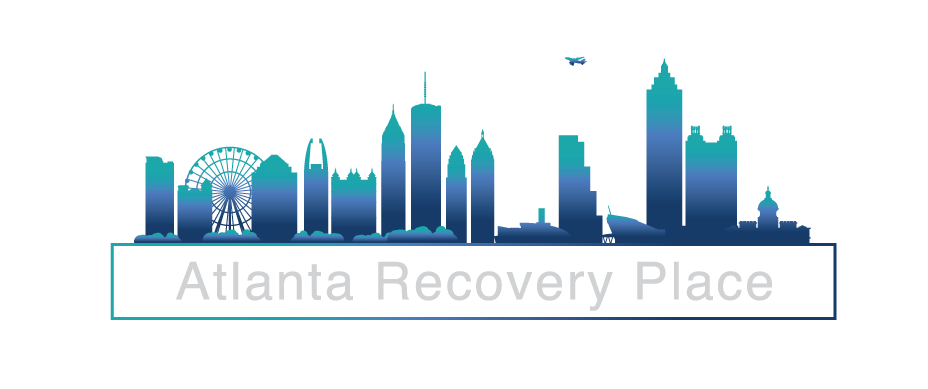Bipolar Treatment Facility in Georgia
Introduction to Bipolar Treatment
Bipolar disorder is also commonly referred to as manic depression. It is a mental illness that results in severe highs and equally as extreme lows in mood as well as changes in sleep, thinking, behavior, and energy. Someone with bipolar disorder will have periods in which they feel overly happy and energized. These periods are then followed by a period of extreme lows and feelings of hopelessness and sluggishness. In between the highs and the lows is sometimes a period of “normalcy.” The various shifts in mood for someone with bipolar disorder can last for days or even weeks.
Bipolar disorder is quite common both globally and here in the United States. Annually, approximately 3% of US adults meet the diagnostic criteria for bipolar disorder. Of all possible mood disorder diagnoses, a diagnosis of bipolar disorder was found to have the highest likelihood of being classified as a “severe” impairment. Bipolar disorder is equally as prevalent in males as females. The average age of onset is approximately 25, with the highest rates of diagnosis being adults between the ages of 18 and 29.
What Our Clients Have to Say
Discover why Atlanta Recovery Place has over thirty-five 5-star reviews on Google.
An Overview of Bipolar Disorder
The Diagnostic and Statistical Manual for Mental Disorders (5th edition) notes three distinct types of bipolar disorder. Each type has slightly different diagnostic criteria.
With bipolar I, you experience extreme erratic behavior with manic (“up”) periods that last at least one week or are so overwhelming and severe that you require medical care to manage them. There are also severe “down” periods lasting for at least two weeks.
Bipolar II is also characterized by periods of extreme highs and lows; however, they are not as severe or debilitating as those experienced with bipolar I.
This type of bipolar disorder involves periods of manic and depressive behavior that last at least two years in adults and one year in children and teens. The symptoms of cyclothymic disorder are not as severe as bipolar I or bipolar II.
Request a Callback
Atlanta Recovery Place has caring representatives available 24/7 to help you or your loved one when dealing with substance abuse. Request a 100% confidential callback now to start your journey.
Request a Callback
When to Get Help for Bipolar Disorder
The symptoms of bipolar disorder can be widely varied. The highs and lows generally do not follow a set pattern, and it is possible to experience the same “state” (either high or low) several times before switching to the opposite mood. The severity of symptoms varies from person to person and can change over time. In some instances, the severity of a particular mood state may be relatively mild, whereas, in some other cases, it can be severe and debilitating.
It is not uncommon for someone with bipolar disorder to experience mood changes without realizing their moods and behaviors are disrupting their lives. In most cases, significant mood swings and behavioral changes associated with bipolar disorder also have a considerable impact on the lives of loved ones and family members. Because they may not realize the impact their symptoms have, many people with bipolar disorder do not seek or get the medical or mental health treatment they need to recover.
This is especially true during manic episodes as feelings of energy and euphoria often cloud the mind. It is more common for someone with bipolar disorder to seek help when they are in a low phase which often leads to misdiagnosis. If you or a loved one experience any symptom of bipolar disorder, it is essential to reach out to a mental health provider such as our drug rehab in Georgia to seek help with symptoms and symptom management. The low periods of bipolar disorder, if not properly managed, can sometimes lead to urgent and dangerous situations, including self-harm and suicidal thoughts.
LET US HELP YOU.
What to Expect in A Bipolar Treatment Facility in Atlanta
It is not possible to prevent the development of bipolar disorder. However, there are several treatments that can help you manage the symptoms you experience. Treatment at Atlanta Recovery Place may help you reduce the severity and frequency of both manic and depressive episodes. A program at a bipolar treatment facility in Atlanta will often include a combination of therapy and medication to help reduce the intensity and severity of your symptoms.
The most common medications for bipolar disorder include mood stabilizers, antidepressants, anti-anxiety medications, sleep medications, and antipsychotics. Depending on your symptoms and specific treatment needs, your provider may recommend a specific medication or a combination of medications to help make your symptoms more manageable during and after treatment. It may take time and a little trial and error to determine the best combination of medications for you, as what may work well for one person do not always work well (or at all) for someone else.
In addition to medications, your treatment plan will also include psychotherapy or “talk therapy.” There are several different types, and again, the best treatment option for you may be different than for someone else. Cognitive-behavioral therapy or CBT is one of the most frequently used therapies. The goal of CBT is to help you replace bad habits and actions with healthy, positive alternatives. CBT also helps participants learn and practice safer and healthier ways to manage triggers. Other common therapies for bipolar include interpersonal therapies, psycho-education, and family-focused therapies.
We Work With Most Major Insurance Providers
Most major health insurance providers with out-of-network benefits will help cover the cost of our atlanta treatment program.
Call us or email us to find out your coverage options when seeking treatment for drug & alcohol abuse.
Get Assistance with ARP's Bipolar Disorder Treatment in Atlanta, GA
If you struggle with bipolar disorder, it can indeed be difficult to manage the symptoms you experience. Bipolar disorder is a chronic condition, meaning it is lifelong, but with comprehensive treatment, symptoms are manageable. It is vital to seek and continue with your treatment program to help reduce the severity and frequency of manic and depressive episodes. Managing bipolar disorder without assistance from a bipolar treatment center in Atlanta can be overwhelming and challenging for both you and your loved ones. If you are ready to learn more about how ARP’s bipolar disorder treatment in Atlanta, GA, can help you manage your symptoms, reach out to our Atlanta facility today. Let our caring and compassionate admissions staff teach you more about how seeking assistance at a bipolar treatment facility in Georgia can help you start your journey to recovery.




